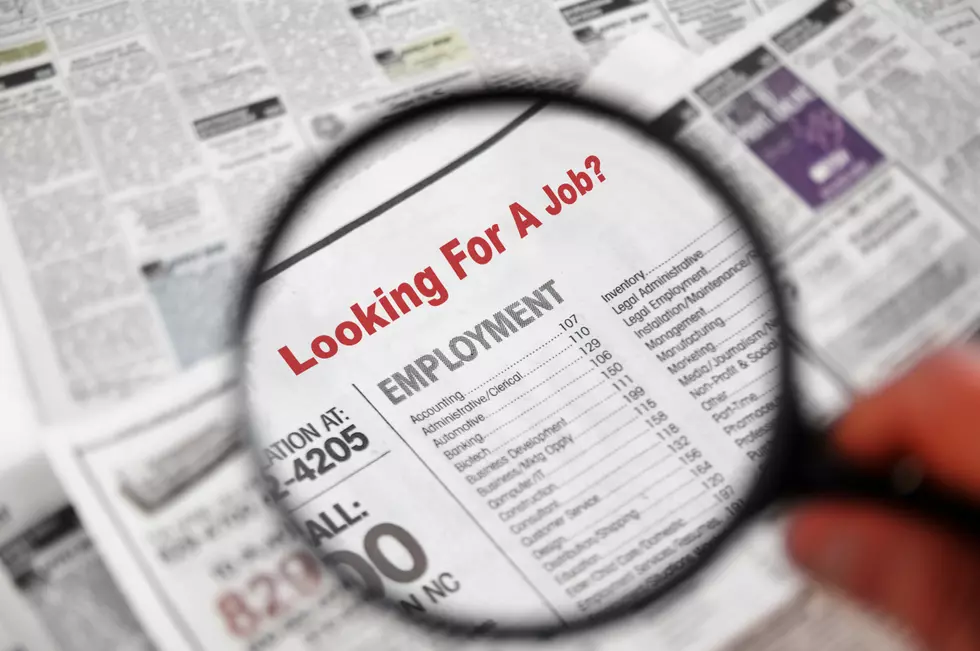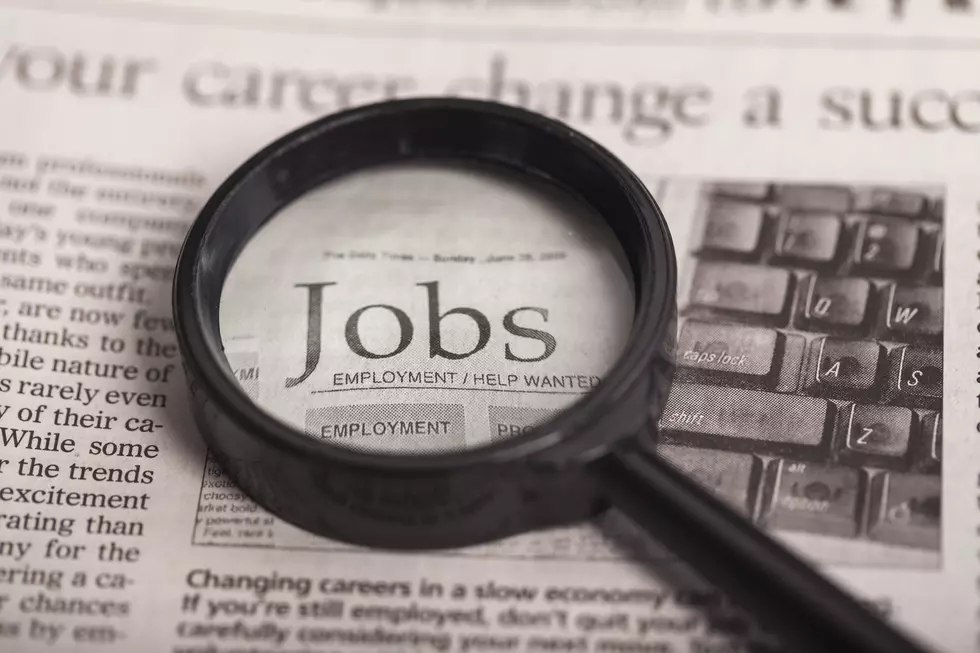
Illegal ‘underground’ construction costing NJ taxpayers millions, report finds
The state of New Jersey is losing millions of uncollected tax dollars every year because of a robust and growing underground construction economy, according to a new report by researchers at the Stockton University William J. Hughes Center for Public Policy.
The report finds this illegal construction activity illegally undercuts companies that follow the rules, decreases work opportunities for union workers and may be responsible for the state's declining construction wages compared to other states.
According to John Froonjian, one of the authors of the Stockton report and a senior research associate and manager of the Stockton Polling Institute, what’s happening is very significant and very costly to the state.
“The construction underground economy, it’s probably worth at least $640 million and our ranges go from half a billion to $1.2 billion dollars and it involves 35,000 workers across New Jersey,” he said.
This means “at least $20 million in lost taxes and unemployment insurance that is not being paid. But that’s even a conservative estimate based on the low wages that are paid to underground workers. If these were legitimate workers being paid by legitimate companies that obey the law, the taxes would be much higher.”
UNDERGROUND ECONOMY
• MONDAY: Illegal work costing NJ millions in taxes
• TUESDAY: Wages decline — unions react
• WEDNESDAY: How NJ can fight illegal underground economy
The report describes the underground construction economy as an umbrella term for business behaviors designed to evade mandatory payment of taxes, employment laws and regulation.
This would include misclassification of workers, who are sometimes listed as independent contractors rather than employees, so they’re treated as if they’re self–employed.
Froonjian said when companies misclassify workers in this manner “they look like an employee in every other way except that the company is not paying their unemployment, their disability. They’re kind of treating them as if they’re a contractor.”
In these instances, businesses will also not pay mandatory payroll taxes and paid family leave insurance taxes. They may also not pay minimum wages.
The report says other illegal business practices would include work that escapes regulation by employment and labor laws, especially for day laborers who may be underpaid, or may work overtime and not be compensated. This is sometimes referred to as wage theft.
Another category of illegal business practice is working for cash or barter, where laborers are paid under the table. In these instances there are no employee records kept at all, so it’s as if they were never employed.
The report finds New Jersey’s underground construction economy appears to have grown significantly in recent years.
The authors note average hourly construction wages in New Jersey were higher than surrounding states and much of the country in 2007. But over the past eight years, hourly wages have dropped a staggering 7.6 percent. During the same period, wages increased in New York and Pennsylvania even though construction output in New Jersey has been higher.
“It is a big problem when you have 35,000 workers being employed by people who are basically ignoring the law,” Froonjian said.
The report notes about a dozen measures have been proposed in the state Legislature on prevailing wages in recent years.
Conservative lawmakers believe the underground economy is in large measure the result of overbearing red tape, while liberals blame the underground economy on lax oversight and not enough labor inspectors.
A Democratic proposal in Trenton would allow the labor commissioner to crack down on employers failing to pay prevailing wages, increase fines and even bring criminal charges. A GOP bill would allow the governor to suspend the prevailing wage law. Most of these measures have not been given committee hearings yet.
“It’s important to keep in mind that this affects working families in New Jersey," Froonjian said. "I talked to a number of workers who say they’re not getting the work they need to support their family. It’s about working families who are not able to compete and are being hurt on a personal level.”
You can contact reporter David Matthau at David.Matthau@townsquaremedia.com.
More From 92.7 WOBM










